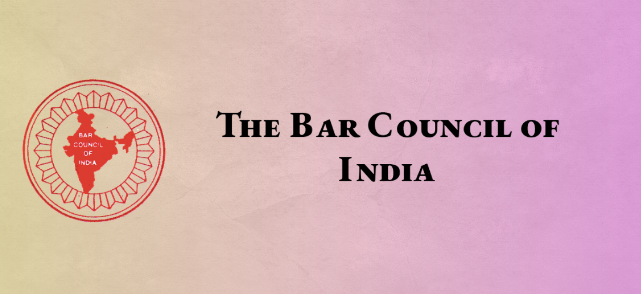Jahanvi Agarwal
In a significant recommendation, the Parliamentary Committee on Personnel, Public Grievances, Law and Justice has proposed new guidelines for lawyers’ pro bono work. It was suggested that the Bar Council of India (BCI) mandate every lawyer to engage in at least one pro bono case annually to qualify for any relief fund from the All India/State Bar Council.
Presenting its 143rd report titled “Review of the working of Legal Aid under the Legal Services Authorities Act, 1987” to both houses of the Parliament, the Committee chaired by Rajya Sabha member Sushil Kumar Modi outlined several key suggestions. It proposed that advocates in District Courts, High Courts, and the Supreme Court should be involved in pro bono work through a rotational system, with oversight from Bar Associations.
The Committee also recommended the formation of panels comprising designated Senior Advocates in all High Courts and the Supreme Court to undertake pro bono work. “The pro bono work done by a lawyer may be taken into consideration for assessing his/her merit when they apply for any judicial posts, law officers post including appointment of High Court Judges and Supreme Court Judges, consideration of designation of senior advocates,” it said.
Moreover, the panel suggested that courts should incentivize pro bono work by considering it in assessing lawyer’s merits for various professional opportunities, including judicial positions and law officer’s appointments. Additionally, it proposed that the National Legal Services Authority (NALSA) adequately compensate lawyers involved in pro bono work to ensure their sustenance and motivation.
The committee praised the Legal Aid Defence Counsel Scheme (LADCS) as a transformative initiative that enhances the quality of legal aid services in the country. The LADCS engages with full-time experienced lawyers to provide legal aid in criminal matters.. The panel stressed the need for a robust monitoring system to ensure the efficacy and accountability of legal aid services provided to beneficiaries.

